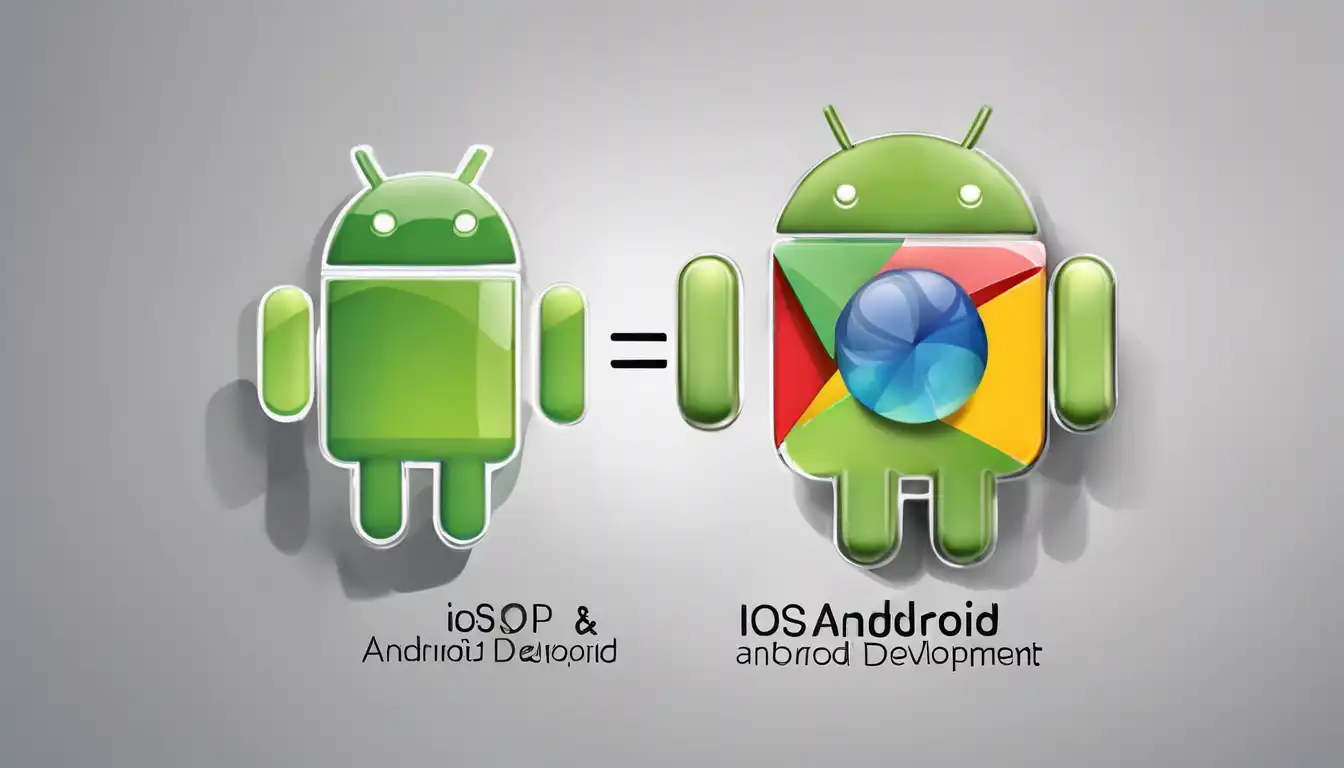Understanding the Core Differences Between iOS and Android Development
When it comes to mobile app development, two platforms dominate the market: iOS and Android. Each has its unique ecosystem, development tools, and audience. Understanding the differences between iOS and Android development is crucial for developers and businesses aiming to make an impact in the mobile space.
Development Languages
iOS apps are primarily developed using Swift or Objective-C, languages that are exclusive to Apple's ecosystem. On the other hand, Android apps are mostly written in Java or Kotlin. This fundamental difference in programming languages means that developers often need to specialize in one platform or the other, unless they choose cross-platform development tools.
Development Environments
Apple provides Xcode as the integrated development environment (IDE) for iOS, which is only available on macOS. Android developers use Android Studio, which is available on Windows, macOS, and Linux. This accessibility makes Android development more approachable for a wider range of developers.
Fragmentation and Device Compatibility
Android's open nature leads to a wide variety of devices and screen sizes, making fragmentation a significant challenge. iOS developers face less fragmentation due to Apple's limited range of devices. This difference affects how apps are designed, developed, and tested on each platform.
App Store vs Google Play
The process of publishing an app also varies significantly between the two platforms. Apple's App Store is known for its strict review process, which can delay app launches but ensures a certain level of quality. Google Play has a more lenient review process, allowing for quicker updates and releases.
Monetization Strategies
Monetization strategies can differ between iOS and Android. iOS users tend to spend more on apps and in-app purchases, making premium apps and in-app purchases more viable. Android's larger user base makes ad-supported apps more common.
Conclusion
Choosing between iOS and Android development depends on various factors, including target audience, monetization goals, and development resources. By understanding the key differences outlined above, developers and businesses can make informed decisions about which platform best suits their needs.
For more insights into mobile development, check out our articles on cross-platform development and mobile app monetization strategies.
